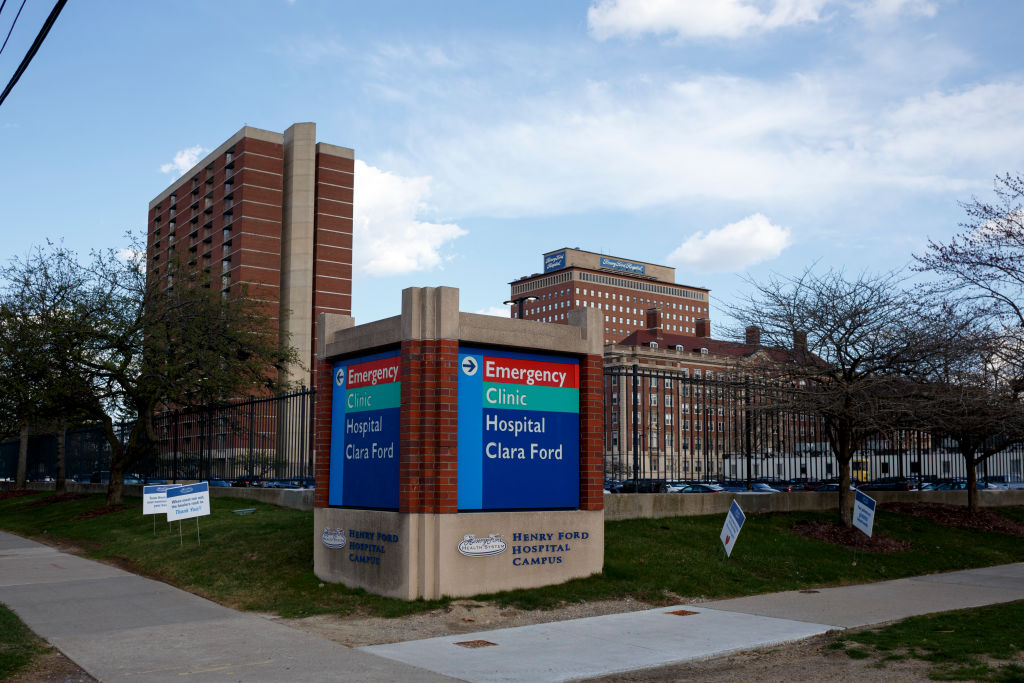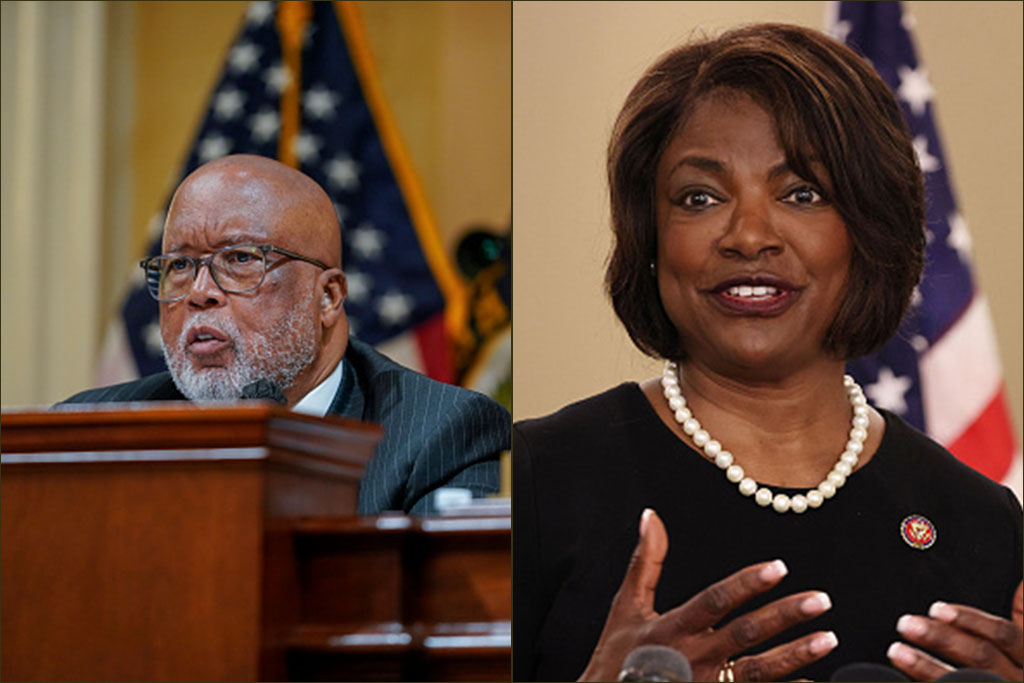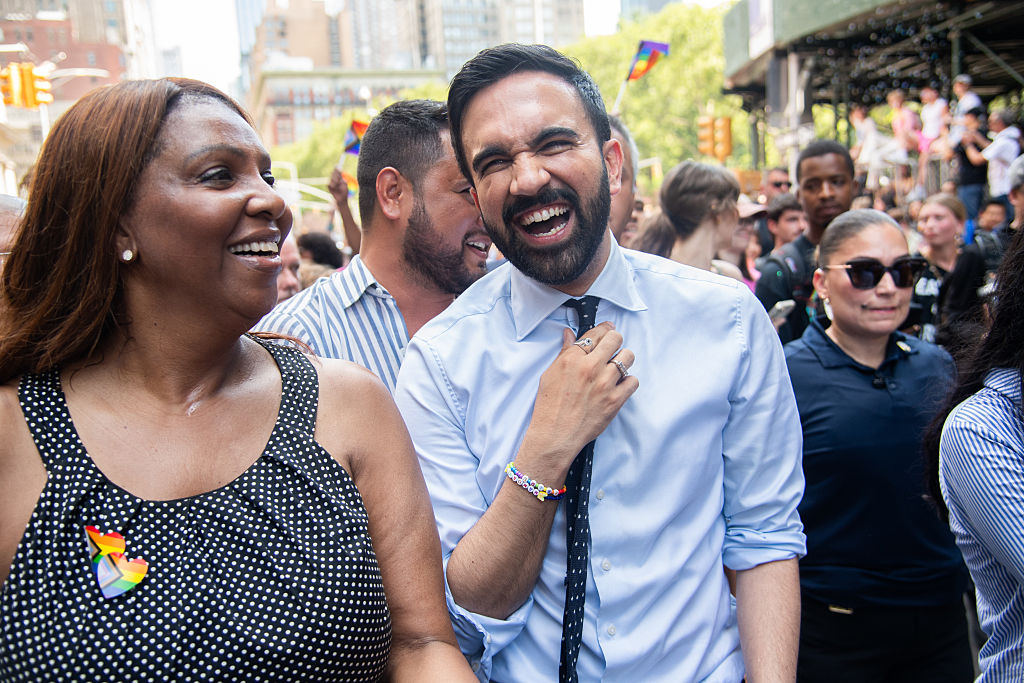Michigan Announces Task Force To Address Black Coronavirus Cases
Will Other States Follow Suit? Michigan Announces Task Force To Address Disproportionate Black Coronavirus Cases

Source: Elaine Cromie / Getty
Recent reports have demonstrated a bleak situation when it comes to the coronavirus pandemic‘s effect on Black people.
By the beginning of April, Black people made up almost half of Milwaukee County’s 945 cases and 81% of its 27 deaths in a county whose population is 26% Black, according to ProPublica. In Michigan, the state’s population is 14% Black and 35% of the coronavirus cases and 40% of coronavirus-related deaths were Black people. In Chicago, 70 percent of COVID-19 deaths are Black, according to WBEZ. In the surrounding Cook County, Black residents make up 23 percent of the population in the county, yet they account for 58 percent of the COVID-19 deaths.
With such statistics, activists and leaders have been demanding more states and cities collect racial data on who’s contracting and dying from COVID-19. North Carolina, Illinois, and Louisiana are just a few areas releasing data by race, and their statistics show a disproportionate amount of Black people infected with the virus.
On Friday, Michigan Gov. Gretchen Whitmer also announced a task force that will be led by Lt. Gov. Garlin Gilchrist II that will make recommendations to address the disproportionate number of Black residents with COVID-19, according to Associated Press. “This virus is holding up a mirror to our society and reminding us of the deep inequities in our country,” Whitmer said. More state and local governments clearly need to follow suit by collecting data and finding ways to remedy the virus that’s harming Black residents. Such efforts would have to take a broad approach, considering variables like access to health insurance and protection of the essential working class.
The Congressional Black Congress has tried to influence policy on the national level by sending a sweeping proposal to Speaker of the House Nancy Pelosi and Senate Minority Leader Charles Schumer back in March with suggestions on how to include Black people in any future stimulus packages addressing the coronavirus.
Meanwhile, according to The Washington Post, the Trump administration is hoping to reopen some businesses by the end of April without releasing a detailed plan to address the number of Black people who have been impacting by COVID-19. Trump did make mention of the racial disparities at the daily White House coronavirus briefing on Tuesday, according to The Post. “Why is it three or four times more so for the black community as opposed to other people?” Trump said. “It doesn’t make sense, and I don’t like it, and we are going to have statistics over the next probably two to three days.”
Despite these promises, a task force specifically designed for Black people has yet to be mention and it seems Trump’s administration is more concerned with reopening businesses to save the economy under his presidency.
“Hopefully we’re going to be opening up …. very, very, very, very soon, I hope,” Trump said. “We’re going to open up strong, very successfully and I’d like to say even more successfully than before.”
The Center for Disease Control and Prevention (CDC) issued a national guidance about social distancing and working from home, however, this is supposed to expire by April 30. At this point, states could choose to proceed how they want and already, certain ones are ready to reopen businesses.
In Michigan alone, Republicans, who control the Legislature, have already slammed Gov. Witmer’s extension of their stay-at-home order through April. They believe the restrictions should be loosened in areas with little growth of infections, considering unemployment rates have skyrocketed. They argue businesses can adopt strict safety measures when reopening.
“After an initial three weeks of extraordinary restrictions on their freedoms and their livelihoods, our citizens have earned our trust and our faith in their ability to be an active part of keeping Michigan healthy and safe,” said Senate Majority Leader Mike Shirkey.
Such leaders should give that same energy to making sure Black people are taken care of during this unprecedented health crisis.
















